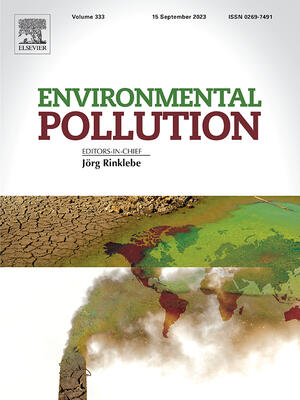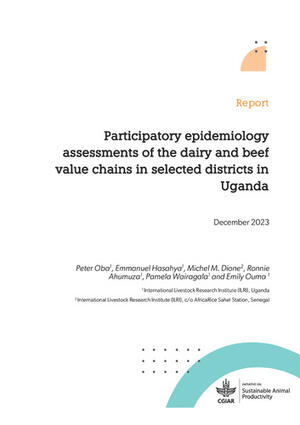
Can epidemiology and economics make a meaningful contribution to national animal-disease control?
Abstract
The general role of veterinary epidemiology and economics to national animal-disease control throughout the world is considered for the four main groupings of animal diseases: zoonotic, food-borne, endemic and epidemic diseases. This is done by considering how veterinary epidemiology and economics has contributed to priority setting (which diseases come first?), decision-making (for a given disease, which strategy is best?), and disease control implementation (how can optimal delivery and adoption of selected interventions best be achieved?). Within each of these categories, progress made and future opportunities are discussed. In addition, a review is made of how veterinary epidemiology and economics has been institutionalised. We conclude that veterinary epidemiology and economics holds a unique role in the development of national policies and strategies for improved animal health world-wide. However, we consider that we must capitalise more on the unique comparative advantage of the partnership between veterinarians and agricultural economists. We believe that much remains to be done to improve the "'institutionalisation" of veterinary epidemiology and economics, and the adoption and impact of the products of our unique partnership, particularly in countries of the developing world.
Citation
Preventive Veterinary Medicine;48(4): 231-260










